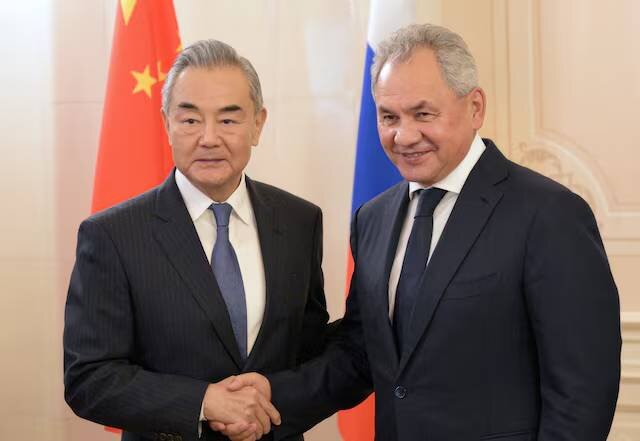-
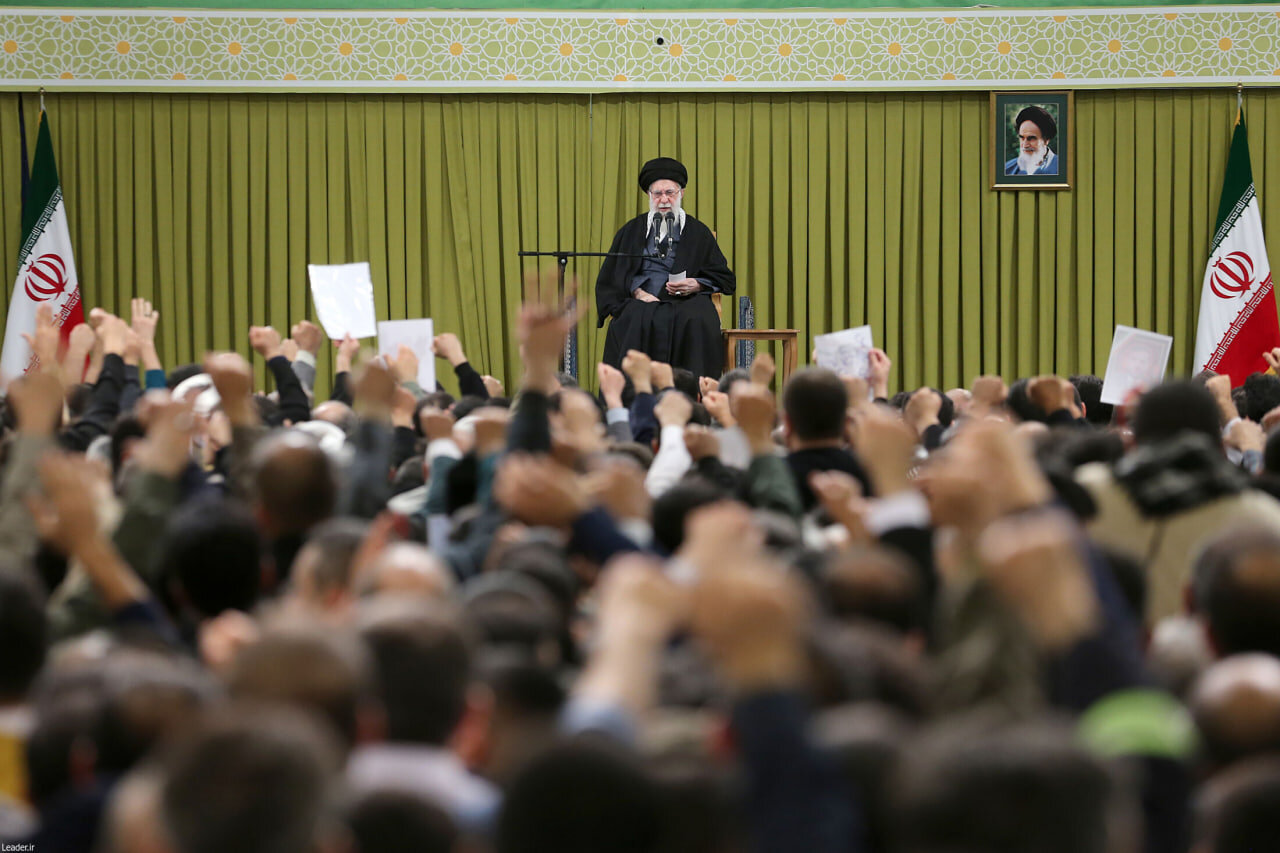 2026-02-01 15:44
2026-02-01 15:44
By Sheida Sabzehvari
A warning to America, resistance forces placed on alert
Ayatollah Khamenei says any US attack on Iran will trigger an all-out regional war
TEHRAN – As the United States continues to threaten possible war against Iran while expanding its naval military buildup in the Persian Gulf, Leader of the Islamic Revolution Ayatollah Seyyed Ali Khamenei has said that Tehran will not initiate a conflict but will respond decisively, and will also ensure that any future war with the United States becomes a regional one.
-

By Sondoss Al Asaad
Women as currency: Epstein files and the moral fraud of the Western order
BEIRUT — The renewed release of documents related to Jeffrey Epstein has been framed in Western corporate media as a triumph of transparency and accountability.
-
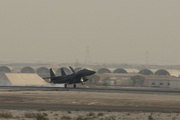
By Xavier Villar
Escalation with Iran is not a linear process
MADRID - In recent weeks, US military pressure in West Asia has reached one of its highest levels, creating a moment of elevated risk and uncertain outcomes. The reinforcement of naval and air assets, the sharpening of deterrent rhetoric and signals of operational readiness have revived a familiar debate in Washington: to what extent can a credible threat of force alter Iran’s behavior without triggering a regional escalation that would be difficult to contain?
-
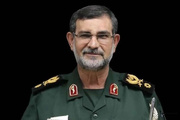
IRGC Navy chief denounces toxic propaganda and hybrid warfare against Iran
TEHRAN — Rear Admiral Alireza Tangsiri, commander of the Islamic Revolution Guard Corps Navy, issued a message on Sunday, asserting that the Iranian nation remains an “impregnable fortress” against the “sedition and conspiracies” of enemies.
-

By Ranjan Solomon
The high-stakes of a US strike on Iran and a hard-hitting retaliation
GOA - As of late January 2026, the United States has engaged in a major, visible naval buildup near Iran, characterized by President Donald Trump as a "massive armada". This deployment - including the USS Abraham Lincoln carrier strike group and multiple destroyers - follows intense tensions between Washington and Tehran.
-
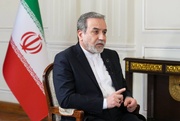
Iran FM eyes short-term nuclear deal while warning of regional wildfire
Araghchi identifies ‘miscalculation’ as the primary threat to peace
TEHRAN — Iranian Foreign Minister Abbas Araghchi stated Sunday that a “just, fair, and equitable” nuclear agreement with the United States remains achievable in the short term, provided Washington abandons its policy of coercion.
Politics
-
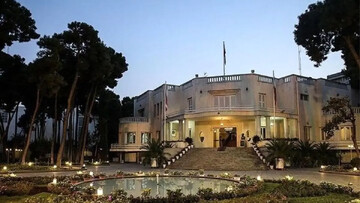
Govt. publishes data of 2,986 Iranians lost in January unrest
TEHRAN — The administration of Iranian President Masoud Pezeshkian on Sunday released the detailed specifications of 2,986 citizens who lost their lives in the recent unrest.
-
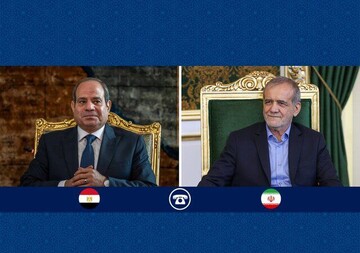
Egypt, Azerbaijan say ready to help ease tensions in region
TEHRAN - Presidents of Egypt and the Republic of Azerbaijan say they are prepared to contribute to de-escalation efforts in the region.
-
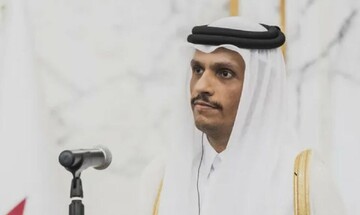
Qatari FM says Doha backs efforts to ease Tehran-Washington tensions
TEHRAN - The Iranian Ministry of Foreign Affairs has confirmed that Qatari Foreign Minister Abdulrahman bin Jassim Al Thani sat down, during his visit to Tehran, with his Iranian counterpart Abbas Araqchi and Secretary of Iran’s Supreme National Security Council Ali Larijani.
Sports
-

Iran, Uzbekistan at AFC Futsal Asian Cup 2026 last eight
TEHRAN - Iran and Uzbekistan will face off in an AFC Futsal Asian Cup Indonesia 2026 last eight tie on Tuesday that promises to be an edge-of-the-seat encounter.
-

Tractor edge Sepahan to remain top of 2025/26 PGPL
TEHRAN – Tractor maintained their place at the top of the table after edging past Sepahan 1–0 in Matchweek 19 of the 2025/26 Persian Gulf Professional League (PGPL) on Sunday.
-

2026 AFC Futsal Asian Cup: Iran see off Afghanistan
TEHRAN - Iran survived a fightback from Afghanistan to top Group D of the AFC Futsal Asian Cup Indonesia 2026 with a 5-2 win on Sunday.
Culture
-

44th Fajr Film Festival opens with screening of “Guardians of the Sun”
TEHRAN- The 44th edition of the Fajr National Film Festival officially opened on Saturday in Tehran, with the screening of the animated film “Guardians of the Sun.”
-

Tehran Book Garden to show popular animated adaptations
TEHRAN – The new season of the cinematic event “Watch & Criticism” has returned to the Tehran Book Garden with screenings and discussions of four popular animated adaptations.
-

“The Rainfall Market” at Iranian bookstores
TEHRAN- “The Rainfall Market” by Korean author You Yeong-Gwang has recently been published in Persian.
Economy
-

Nearly 3,300 agriculture projects to be inaugurated during Ten-Day Dawn
TEHRAN – Iran will inaugurate 3,294 agriculture projects across multiple subsectors during the Ten-Day Dawn anniversary period, a senior official at the Agriculture Ministry said.
-
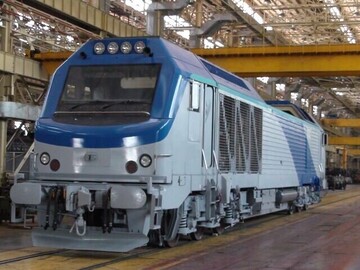
More than $40m in preferential loans allocated to upgrade rail fleet
TEHRAN – The Islamic Republic of Iran Railways (RAI) has allocated 20 trillion rials (over $40 million) in preferential loans to support private-sector investment in renewing the country’s rail fleet, a senior official at the company said.
-
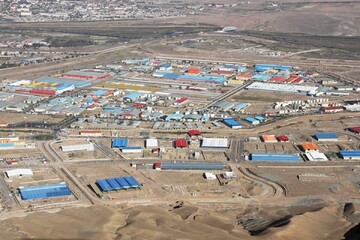
Free zones launch, break ground on 221 projects during Ten-Day Dawn
TEHRAN – Secretary of Iranian Free Zones High Council said 221 development and investment projects worth a combined 690 trillion rials (about $1.38 billion) were inaugurated or launched across the country’s free zones during the Ten-Day Dawn, marking victory of the Islamic Revolution.
Society
-
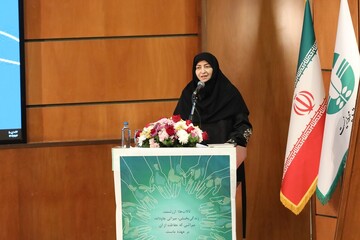
DOE holds conference on Intl. Wetlands Day
TEHRAN – The Department of Environment (DOE) organized a conference in Tehran on Monday to mark International Wetlands Day, with representatives from the United Nations Development Program (UNDP) and the embassies of the UAE, Iraq, Tajikistan, and Uzbekistan in attendance.
-

National youth week being marked
TEHRAN – The national youth week is being held from January 31 to February 6 across the country with the theme of ‘young Iran, towards a healthier life’.
-
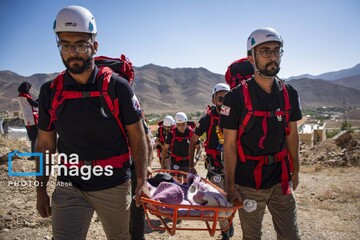
IRCS provides relief services to over 850 people in three days
TEHRAN – The Iranian Red Crescent Society (IRCS) provided rescue services to 853 individuals over the past few days.
Tourism
-

Work on Xerxes I tomb at Naqsh-e Rostam nears completion
TEHRAN – Restoration work on the rock-cut tomb of Achaemenid king Xerxes I is nearing completion after years of conservation efforts, a local official has said.
-
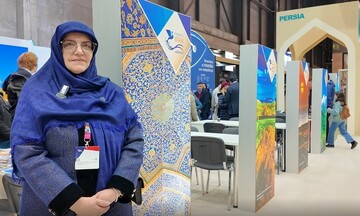
Iran tourism maintains international appeal, expert says
TEHRAN – Iran’s tourism industry continues to attract international interest, an expert said, following the country’s participation in the FITUR international tourism fair in Madrid last week.
-

Study restarts on herbal plant use among nomads of Alborz range
TEHRAN--Field studies of the project of ethnology of herbal plants of Sangsari tribe began in their winter quarter near Div Asiab spring located in the Lar Plain of Mazandaran province.
International
-
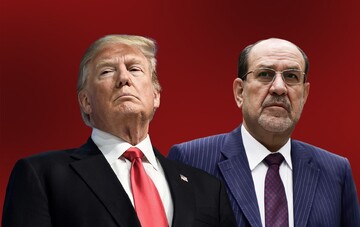
U.S. opposition to al-Maliki: Political and economic pressure on Iraq
TEHRAN – President Donald Trump’s warning to withhold U.S. support if Nouri al-Maliki returns as Iraq’s prime minister goes beyond personal criticism.
-

Trump’s tower of deceit: Epstein’s files pull back the curtain
TEHRAN – The newest release of the Epstein files has once again pulled U.S. President Donald Trump, along with a long list of powerful figures, into the center of a story that refuses to fade. The U.S. Department of Justice — the federal agency responsible for enforcing the law and overseeing the FBI — published more than three million pages of documents, along with thousands of images and videos, on Friday. What emerged is a portrait of Epstein’s world that is both familiar and newly disturbing: a network of wealth, secrecy, and influence that stretched across politics, entertainment, business, and even intelligence circles.
-
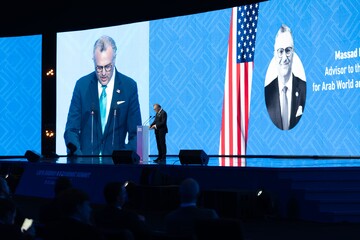
How is Washington’s oil-first strategy redrawing Libya’s geopolitical map?
BEIRUT — The recent visits of Massad Boulos, adviser to U.S. President Donald Trump for the Middle East and African affairs, to Tripoli and Benghazi have ignited intense debate inside Libya.
Most Viewed
-
A warning to America, resistance forces placed on alert
-
Iran, China and Russia to hold naval drill
-
Trump’s tower of deceit: Epstein’s files pull back the curtain
-
Putin hosts Iranian security chief in Kremlin
-
Iran FM eyes short-term nuclear deal while warning of regional wildfire
-
The high-stakes of a US strike on Iran and a hard-hitting retaliation
-
A framework for collective security in the Persian Gulf and West Asia
-
Leader visits Imam Khomeini’s mausoleum ahead of revolution’s 47th anniv.
-
Women as currency: Epstein files and the moral fraud of the Western order
-
Egypt urges de-escalation in calls with Iran and US
-
Army chief says ‘Iran’s finger on the trigger’ as US talks up naval military buildup
-
How is Washington’s oil-first strategy redrawing Libya’s geopolitical map?
-
Escalation with Iran is not a linear process
-
IRGC Navy chief denounces toxic propaganda and hybrid warfare against Iran
-
Govt. publishes data of 2,986 Iranians lost in January unrest












